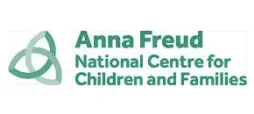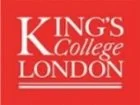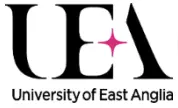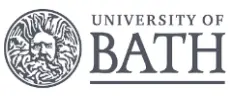In the first few days after a trauma
-
Experiencing some distress is entirely normal. This might include difficulties sleeping, thoughts and memories of what has happened popping into mind, bad dreams, irritability, feeling low, irritability, behavioural problems and avoiding activities they used to enjoy. There is no one way of feeling after a trauma.
-
Children and young people will benefit from being with their family and friends.
-
Returning to school and continuing with normal routines is generally helpful.
-
It is important for children and young people to know that they can talk at home and at school about what has happened, if they wish.
-
Parents and caregivers should not avoid talking about what happened; it may help to give children the message that it’s fine to discuss their experiences.
-
It can be helpful to acknowledge that what happened is very serious, while also recognising that it is a very rare event.
-
There is no particular treatment that it is important to offer at this stage.
-
For more family advice click here to see guidance from MindEd
In the following weeks and months
-
Many children and young people will find their initial difficulties settle down and they continue as they did before the trauma.
-
However, some children and young people may have difficulties that persist.
-
Their difficulties may not be visible to others; don’t assume they are doing fine just because you have not seen any changes. They may lack the language and skills to communicate their distress.
-
It is important to consider a “check in” 1-3 months post-trauma, to identify any children and young people who are still suffering psychologically.
-
Questionnaire measures are available for this (e.g. the CRIES-8), but a simple discussion may also be appropriate.
-
Support is available for children and young people after trauma. Schools and GPs would be able to advise on the best way to seek help.
This document was prepared by psychologists and psychiatrists who work and conduct research with children and young people affected by trauma. Our hope is that this best reflects evidence-based practice for children and young people. Rachel Calam, Tim Dalgleish, Andrea Danese, Anke Ehlers, Sarah Halligan, Richard Meiser-Stedman, Patrick Smith, David Trickey, William Yule






